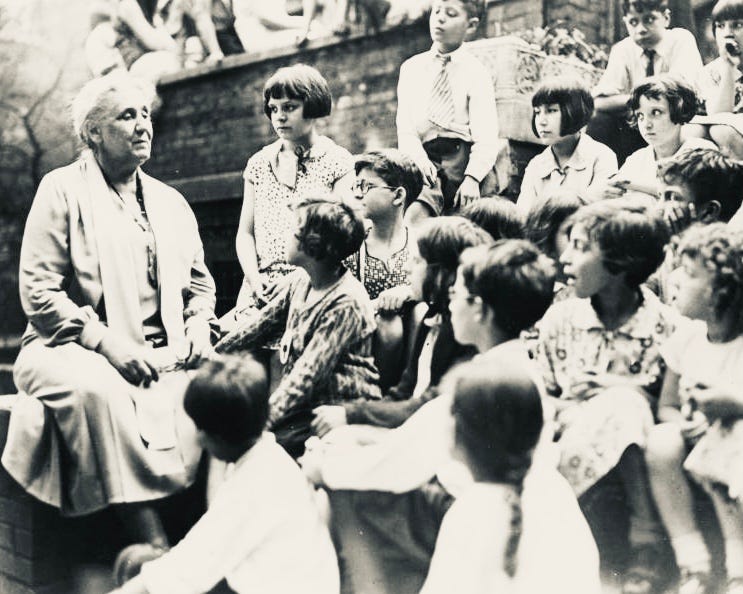Is bullying one of the reasons why fundraisers are unhappy?
Description
Like many fundraisers, Kathryn describes her entrance into the profession as a search for meaningful work. For the most part, what she found was that facilitating the exchange of charitable gifts has been a rewarding experience and that it has afforded an opportunity to form valuable relationships with her colleagues. However, she also discovered that, at times, the job was lonely, stressful, and wrought with unreasonable expectations. She has dealt with demanding and creepy donors as well as bosses who lacked training and really didn’t know what they were doing; her last supervisor was a vicious bully. As she has shared these experiences with others, she has discovered that they are far more common than they should be.
Kathryn wants to know whether fundraisers are happy in their jobs and, if not, whether bullying is a factor in why they are unhappy. As a professor of practice at the John Martinson Honors College at Purdue University, Kathryn’s research isn’t aimed at just asking whether bullying is happening and to what extent; Kathryn wants to understand how bullying behavior manifests itself in the context of a fundraising environment. For example, are fundraisers going out in the field desiring genuine and meaningful relationships only to dreadfully fear returning to the office if they arrive without a check in hand?
As I shared with Kathryn, I have long been of the opinion that the dark side of the predictive tools we employ will become increasingly obvious as research like this is undertaken. I would insist that, in the next decade, studies like Kathryn’s are going to demonstrate that our wholesale embrace of tactics borrowed from the marketplace and designed to predict and control human behavior are going to backfire and that the evidence is going to be easy to find in this kind of research. It is my hope that Kathryn’s findings are the sort that allow us to clearly understand where our tactics cross the line and where we’re betraying the spirit of a gift.
If you’d like to anonymously participate in this study, click here.
As always, we are grateful to our friends at CueBack for sponsoring The Fundraising Talent Podcast.
This is a public episode. If you would like to discuss this with other subscribers or get access to bonus episodes, visit fundraisingtalent.substack.com



















